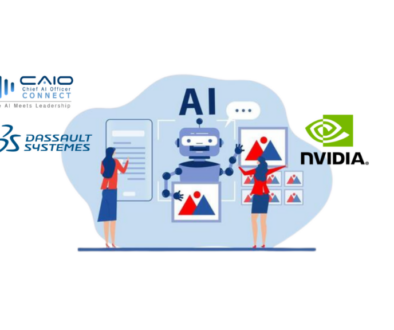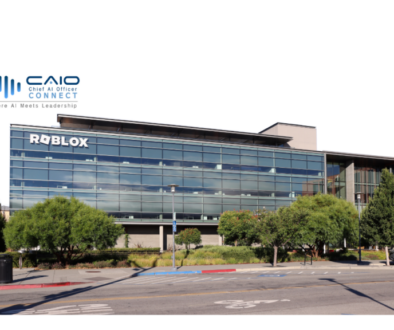In a significant leadership change, Meta Platforms’ Head of AI Research is reportedly stepping down amid the company’s intensified focus on computing power and artificial intelligence. As Meta continues to invest heavily in AI-driven technologies, the departure of a key executive raises questions about the company’s strategic direction and future priorities.
The Resignation Explained
Meta’s Head of AI Research has played a pivotal role in shaping the company’s approach to artificial intelligence, particularly in areas related to machine learning, natural language processing, and advanced computing models. However, the decision to resign appears to coincide with Meta’s broader effort to enhance its computing capabilities to support the next generation of AI models.
Several factors may have influenced the resignation:
- Strategic Shifts: Meta’s increasing focus on computational power, particularly for large-scale AI models, may have prompted internal restructuring.
- Leadership Transition: The resignation may signal a shift in leadership priorities, with new executives potentially bringing different perspectives and strategies.
- Evolving Vision: As Meta explores new AI technologies, differences in vision or approach may have contributed to the executive’s decision to step down.
Meta’s AI Computing Push
Meta’s focus on building a robust AI infrastructure is no secret. The company is investing heavily in technologies that enhance computing power, including:
- Supercomputing: Developing cutting-edge supercomputers to support complex AI workloads.
- Data Centers: Expanding and optimizing data centers to improve processing efficiency.
- AI Models: Building larger, more powerful models to compete with rivals like Google, Microsoft, and OpenAI.
The resignation of the AI Research Chief comes at a critical time when Meta is doubling down on computational resources to power its AI ambitions. The company’s push for enhanced computing power is aimed at accelerating innovation across various domains, including the metaverse, augmented reality, and machine learning.
Potential Impact on Meta’s AI Strategy
The departure of a key executive could have several implications for Meta’s AI strategy:
- Leadership Transition: New leadership may bring different priorities, potentially reshaping Meta’s AI research agenda.
- Talent Acquisition and Retention: High-profile resignations can influence the company’s ability to attract and retain top AI talent.
- Strategic Direction: Meta’s intensified focus on computing power could indicate a shift toward more infrastructure-centric AI development.
- Collaboration and Partnerships: Changes in leadership may impact Meta’s relationships with academic institutions, research labs, and other partners.
What’s Next for Meta?
Despite the leadership change, Meta is expected to continue its aggressive push into AI and computing. The company’s commitment to building state-of-the-art AI models and enhancing its computing infrastructure remains strong. Moving forward, Meta’s strategy will likely include:
- Investment in AI Research: Continued funding for research initiatives aimed at advancing machine learning and AI technologies.
- Infrastructure Development: Expanding computational capabilities to support more sophisticated AI applications.
- Talent Recruitment: Attracting skilled researchers and engineers to lead new AI projects.
The resignation of Meta’s AI Research Chief marks a pivotal moment for the company’s AI ambitions. As Meta intensifies its focus on computing power, the leadership change could have far-reaching implications for its strategic direction. Whether this transition leads to new breakthroughs or challenges remains to be seen, but Meta’s commitment to advancing AI technology is unlikely to waver.



